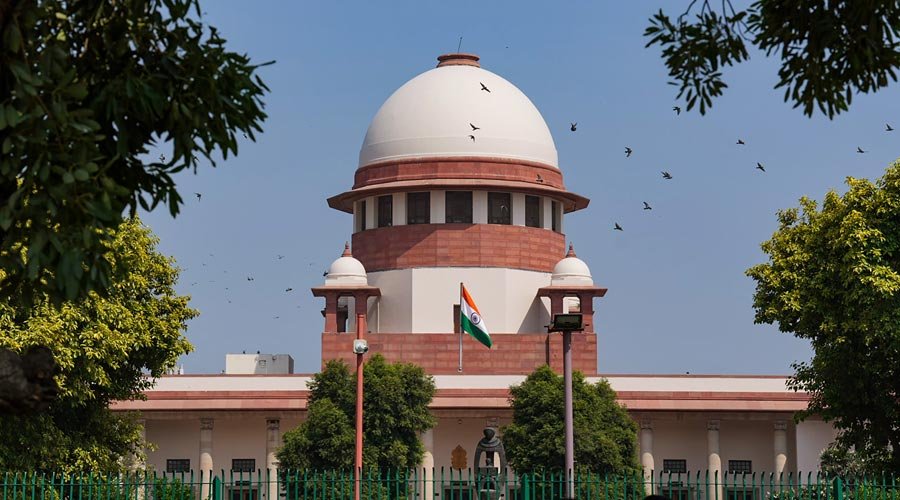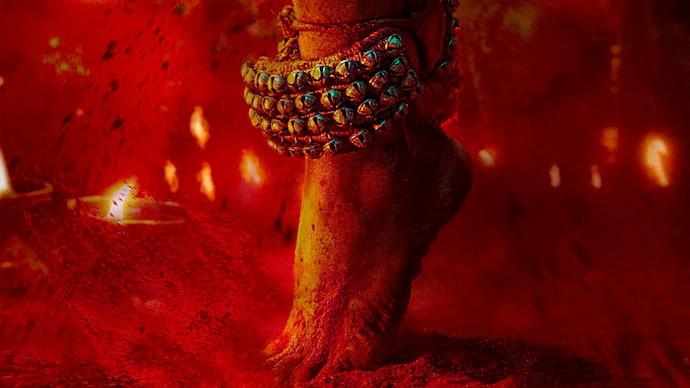
A bench led by Chief Justice of India DY Chandrachud and comprising Justice JB Pardiwala and Justice Manoj Misra is hearing the matter.
The Supreme Court, led by Chief Justice DY Chandrachud and comprising Justices JB Pardiwala and Manoj Misra, is deliberating on 237 applications challenging the Citizenship Amendment Act (CAA). These petitions, brought forth by entities like the Indian Union Muslim League (IUML), the Democratic Youth Federation of India (DYFI), and political figures such as Jairam Ramesh and Asaduddin Owaisi, contest the law’s alleged discriminatory nature against Muslims.
Filed just after the issuance of CAA guidelines, the complainants seek a stay on its implementation, arguing against its fairness. Although numerous petitions were lodged in 2019 post-parliamentary approval, the lack of announced guidelines hindered any court intervention.
The CAA provides a pathway to Indian citizenship for non-Muslim immigrants from neighboring countries facing religious persecution. Critics, including Mamata Banerjee and Jairam Ramesh, question the timing of its implementation, alleging electoral manipulation.
Mamata Banerjee accuses the government of attempting to strip citizenship rights and detaining individuals in detention centers once they file for citizenship under the CAA. However, Home Minister Amit Shah refutes these claims, asserting the law’s constitutionality and emphasizing its purpose to provide refuge to persecuted minorities.
Shah clarifies that the CAA does not revoke any citizen’s rights and reiterates the BJP’s commitment to its enactment, initially delayed due to the Covid pandemic. He assures minorities that the law aims to grant citizenship to refugees from specific neighboring countries, aligning with the BJP’s campaign promises.
Is the Citizenship Act (CAA) Unconstitutional? 237 Supreme Court Petition Cases


